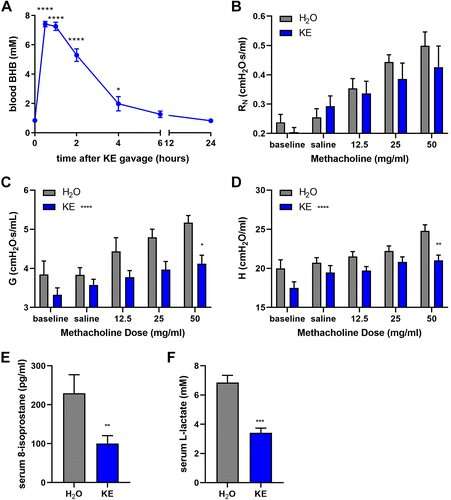

More than half of people with asthma are obese. These individuals do not respond well to standard therapies, but new research out of the Vermont Lung Center holds promise for improving asthma treatments for this population. The study is published in the American Journal of Physiology-Lung Cellular and Molecular Physiology. It was chosen as an APSselect article for February.
“Our results provide innovative first steps toward a safe, efficacious and cost-effective strategy that may uniquely target obese asthma,” the researchers wrote.
In addition to responding poorly to standard therapies, people with obesity and asthma are hospitalized at higher rates. Weight loss is a typical recommendation to ameliorate the effects of obesity on asthma. However, short of surgical intervention, only about 15% of people can sustain 10% weight loss for an entire year through diet changes. Even fewer can sustain weight loss for five years.
The research team set out to explore if ketone bodies, which are products of fat metabolism generated by the liver during weight loss, could provide relief from asthma symptoms. They used both genetic and diet-induced mouse models of obesity. In these, along with normal-weight controls, they tested a variety of methods of applying ketone bodies. They induced the natural generation of ketone bodies through a ketogenic diet in some mice and, in others, through rapid weight loss from a low-fat diet. Other cohorts were given supplementary ketone esters either long term in their food or in acute doses immediately before testing.
https://youtube.com/watch?v=zrem2LTlJfY%3Fcolor%3Dwhite
In all these models and methods of intervention, the mice with ketone bodies in their system showed less sensitivity to a trigger of airway constriction commonly used in the diagnosis of asthma. The authors note that ketone ester supplementation is considered safe and is already used in some human populations.
Source: Read Full Article